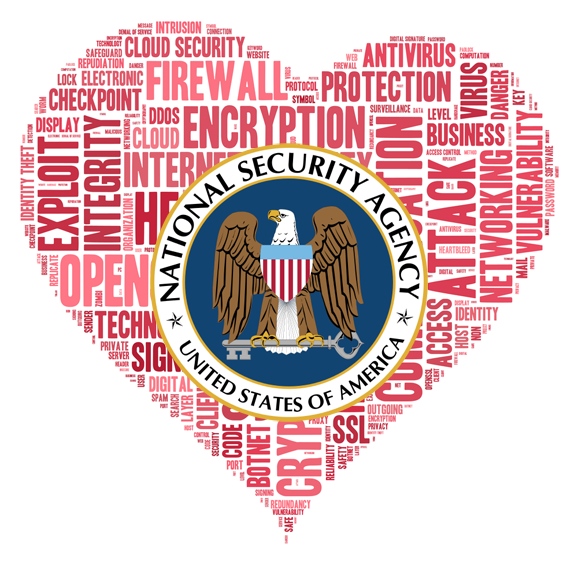Gotta love clever governance solutions. Slovakia is trying to fight business tax cheats who are pocketing value-added (sales) taxes, which hurts both consumers/manufacturers and the government. The country came very close to requiring a bailout last year because its economy and debt situation was such a mess. So their revenue loss solution was to host a lottery with huge prizes, from almost $14k cash to a new car and more. The only thing you had to do to enter was upload receipts for things you had purchased with VATs on them (almost everything).
The government then checks to see if the business paid up the tax listed on the receipt (and the buyer can report fake tax numbers, too). The consumer is entered to win either way. You can enter over and over by uploading lots of receipts — which is why nearly half a million people have uploaded 60 million receipts since the program began last year.
Tax collection began to increase early in 2013 and rose more sharply after the lottery began. Officials say they collected about $512 million more in 2013 than in 2012. How much of that is a result of the lottery may never be clear.
But Mr. Kazimir said that it was surely a big factor, and that it had cost only about $276,000 to get the lottery going. He said the new influx of complaints had already proved that it was not just small businesses that were cheating: Chain stores have also been caught giving fake receipts.
It’s been so successful that Portugal just launched its own lottery this past week.
The lottery project has drawn criticism from some Portuguese opposition politicians who say it is a capitalist tool to turn citizens into tax inspectors.
Hell yes it is… and there is nothing wrong with that. Tax evasion is a cancer on democratic societies because it both undermines confidence in the fairness of the taxation system and erodes the government’s ability to invest in infrastructure and provides services, which reduces its credibility. And it’s even worse when that evasion is on value-added taxes that consumers and manufacturers have already had to pay up front, without the government seeing a dime. It’s essentially theft from the people, really.
Arming ordinary citizens with the power to help enforce tax compliance strengthens democracy and governance. Doing it in such a light-handed way is brilliant and virtually painless. The only people who lose are those who are already breaking the law and stealing revenue.
You get a car, you get a car, everybody pays their taxes.





 One man is alleging
One man is alleging 
 Hey guys, remember how the NSA is actually beneficial because they
Hey guys, remember how the NSA is actually beneficial because they